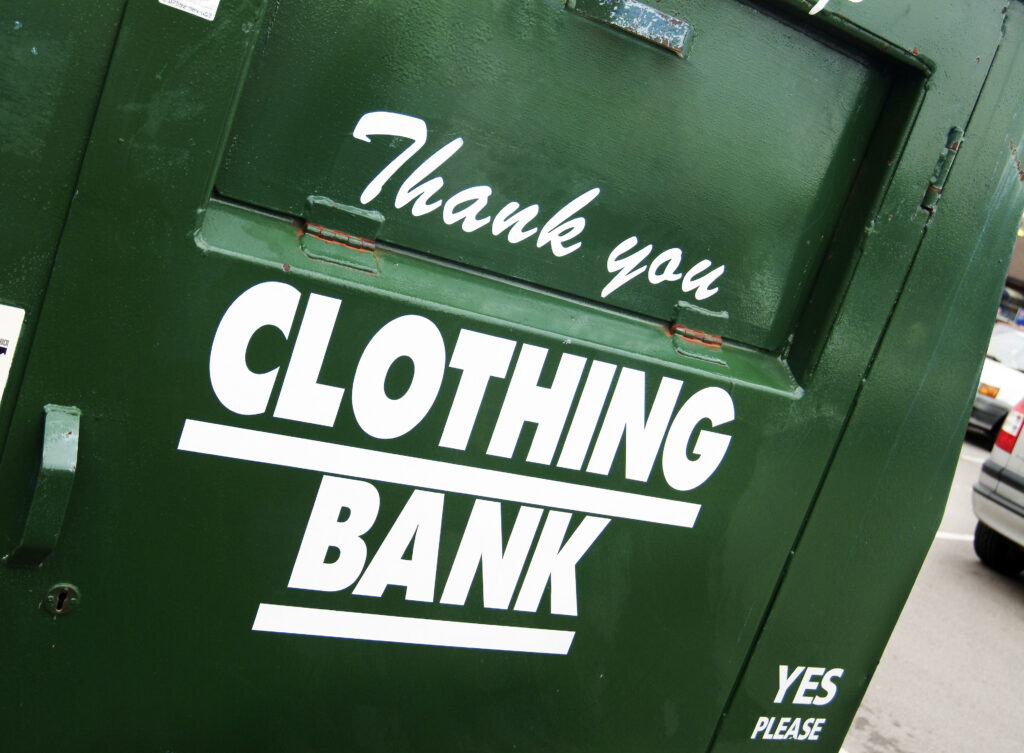Schools from across the Liverpool City Region have come together in an effort to tackle climate change – by reducing the amount of clothes that people throw away.
The Great Clothes Swap is the creation of Toxteth-based Liverpool World Centre and environmental charity Faiths4Change, who have been awarded £16,900 by the Merseyside Recycling and Waste Authority & Veolia Community Fund 2022/23 to help deliver the project.
According to a recent analysis*, around 5% of household bins locally contained textiles such as clothes and shoes, a lot of which could still be used. It is this behaviour the project is hoping to change and itself will look to stop up to ten tonnes of clothing material from going to waste.
Jacquie Ayre, Global Learning Education Officer at Liverpool World Centre, said: “The aim of the project is to change perceptions and behaviour towards clothing repair and reuse in order to prevent clothes and textiles from going to waste. We’re building on our previous Fashion Fix project by engaging with teachers and giving children the knowledge and skills to get involved and have a say in improving industry practices. “Through events, training and workshops across the City Region we’re hopeful of changing attitudes towards clothes reuse and hopefully helping instil a systemic change in the current wasteful situation that society finds itself in when it comes to clothes and fast fashion.” The objectives of the project are to:
– engage pupils, parents and teachers to increase their knowledge, skills and understanding about the textile journey and its impact on climate change
– run four textiles-sustainability conferences for 160 pupils
– create 40 Textile Teams so pupils can promote textiles reuse in schools
– support 40 school clothes swap shop events
– work with 350 trainee teachers at two universities to help them deliver school projects on the environment and textiles as a resource.
On Thursday 26th January, seven schools and 40 students assembled at No. 1 Mann Island in Liverpool City Centre for a UN-style climate conference to debate the impact of climate emissions and the part that the textiles industry plays in polluting the planet. Students had to come up with ideas on how to put an end to a throwaway fashion culture and to identify any barriers to school uniform reuse and recycling.
Rachel Hardy of Faiths4change said: “This was a fantastic opportunity for students at the conference to develop their critical thinking skills around the climate emergency. It provided an opportunity for them to debate in the style of a UN conference, develop empathy and learn skills around negotiation and collaboration.” 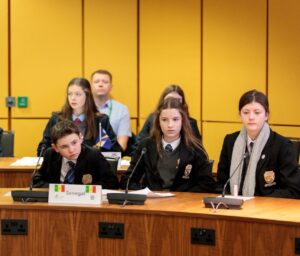
Students at the conference were able to find out more by listening and questioning a panel of local sustainability experts. These speakers were able to suggest small ways that can have a big impact on patterns of behaviour around textile waste.
Rachel Hardy continued: “This event is one way that schools can empower their young students to have a voice and feel that they can make changes in their school community to make a difference around the issue of waste. ‘’
Councillor Tony Concepcion, Chairperson of MRWA, said: “This project isn’t just about waste, it’s highlighting the link between waste and the climate emergency, and how we can no longer just throw things away once we’ve finished with them, as materials will have a value and could potentially be used again.
Lesley Worswick, Chief Executive of MRWA, said: “Our research shows that there are significant quantities of textiles placed in recycling and household waste bins across kerbside collections in the Liverpool City Region. Textiles shouldn’t go into bins. Instead, Recycling Centres, charities, local bring banks all accept clothes and textiles where they will go on to be recycled or reused.”
Liverpool World Centre anticipates that around 3000 pupils, teachers and parents will be directly educated and engaged in the topic of textiles waste by the conclusion of the scheme come March 2023. All schools and universities involved will be supported to contribute towards a 10 tonnes reduction in wasted textiles, with certificates and awards at the end of the project.
ENDS


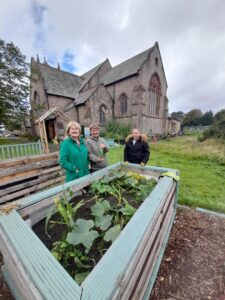

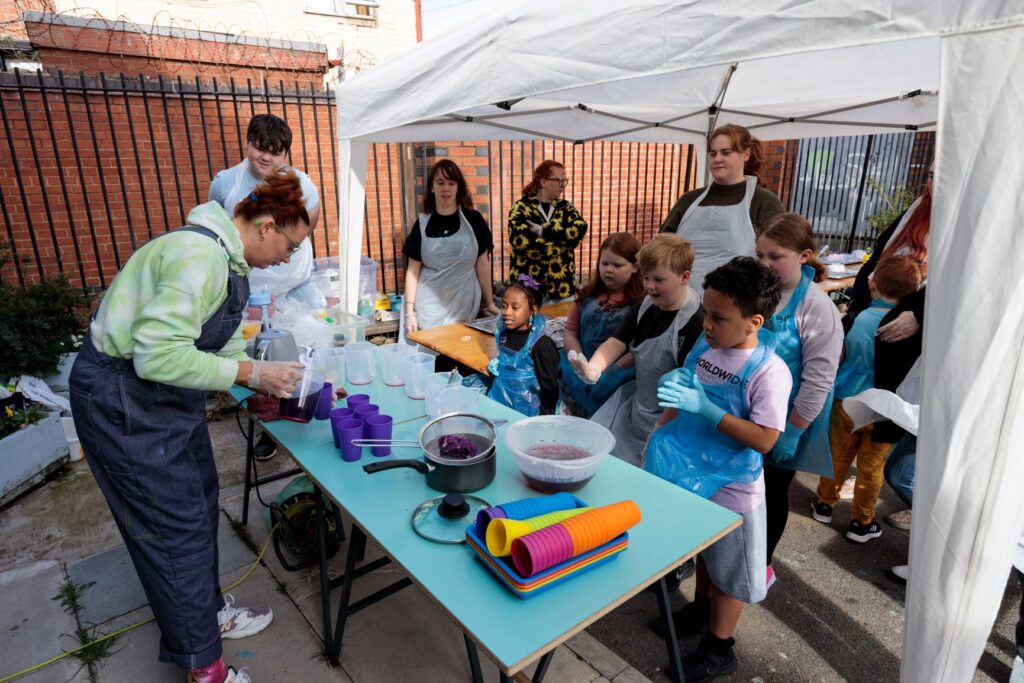
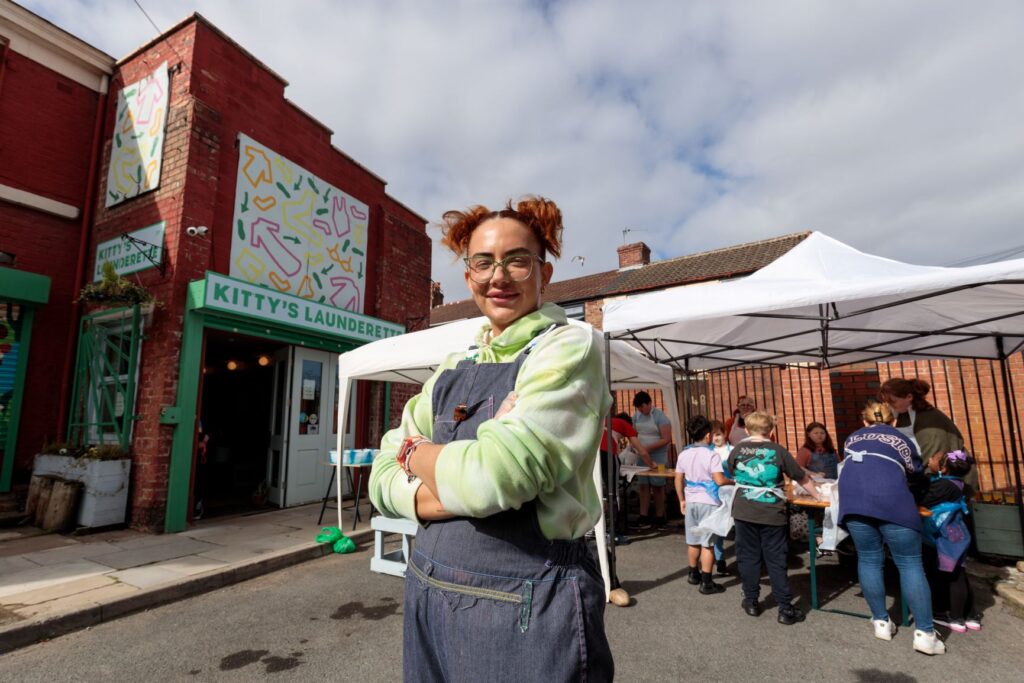
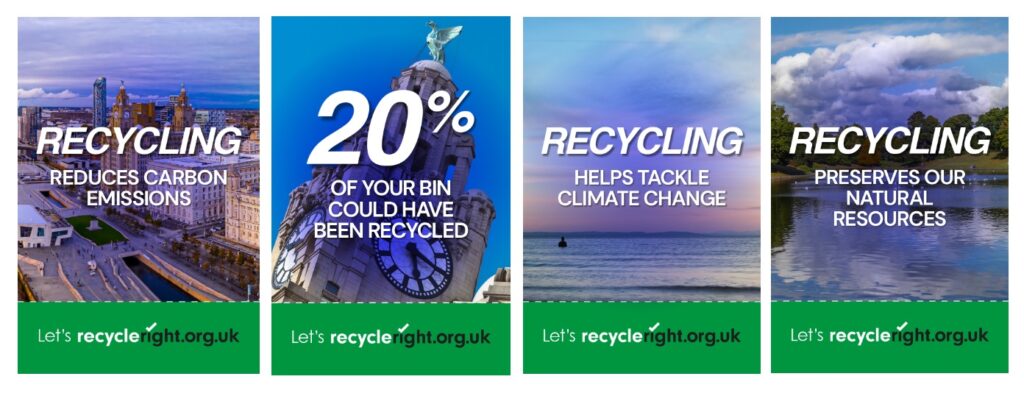
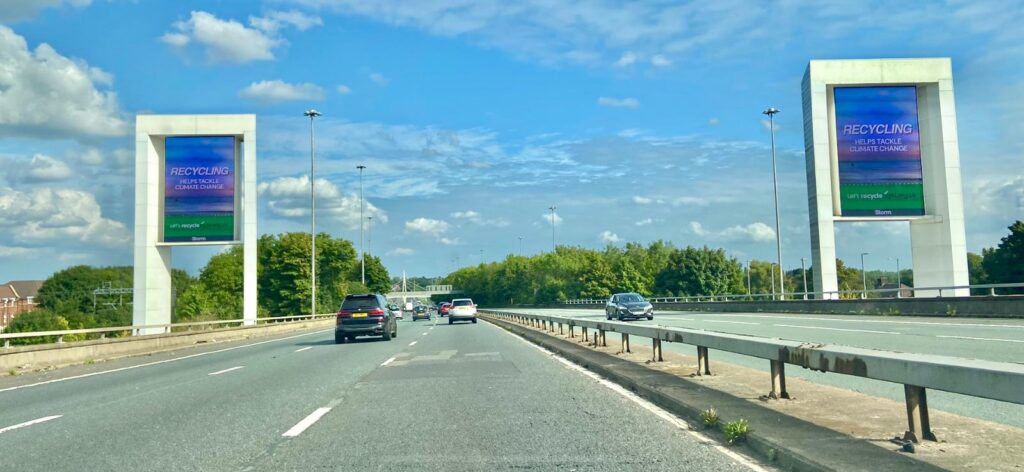
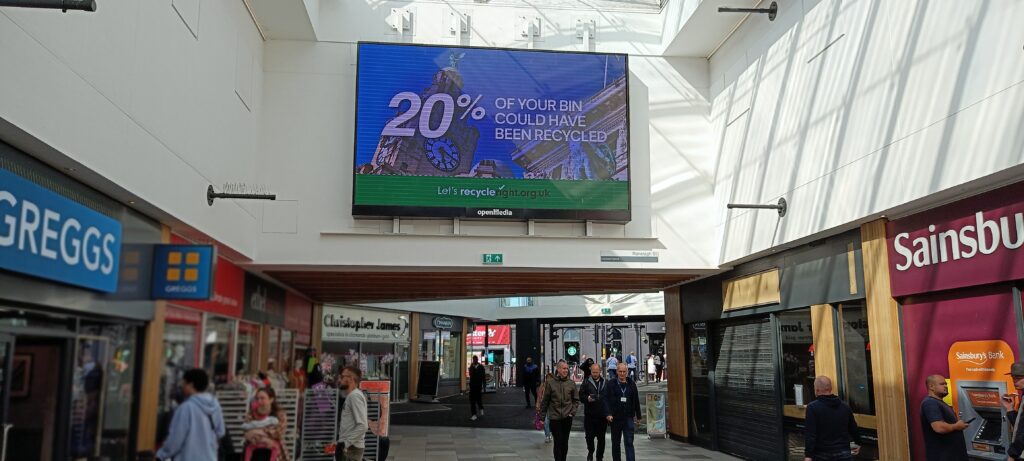
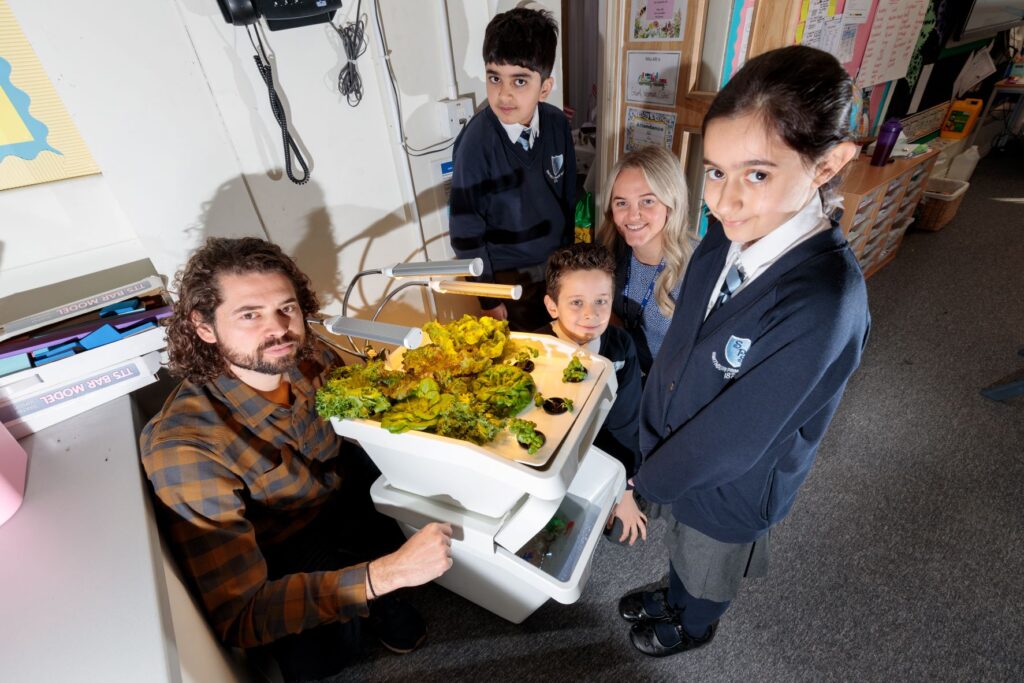
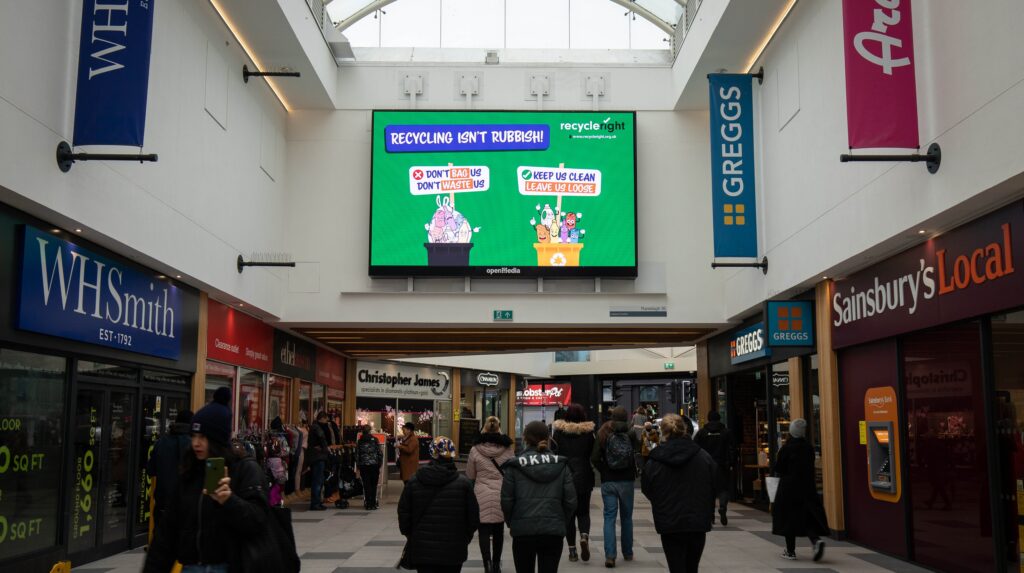
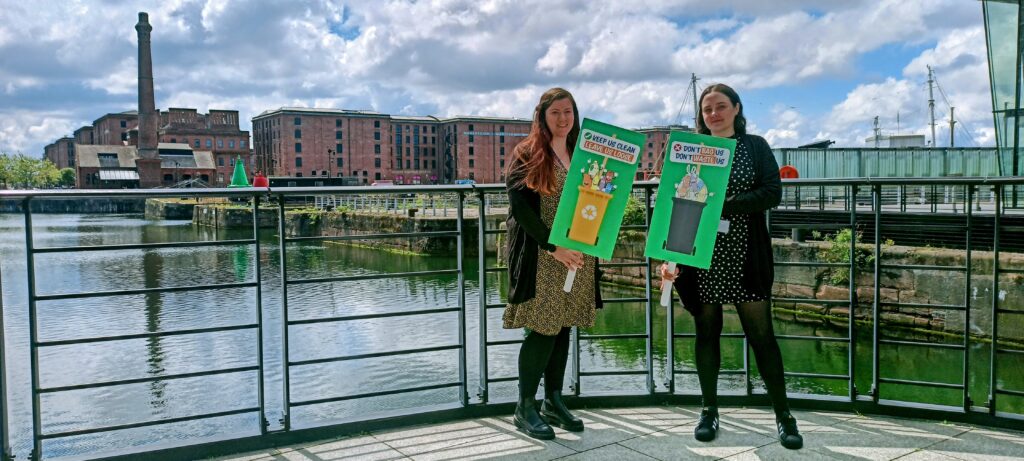
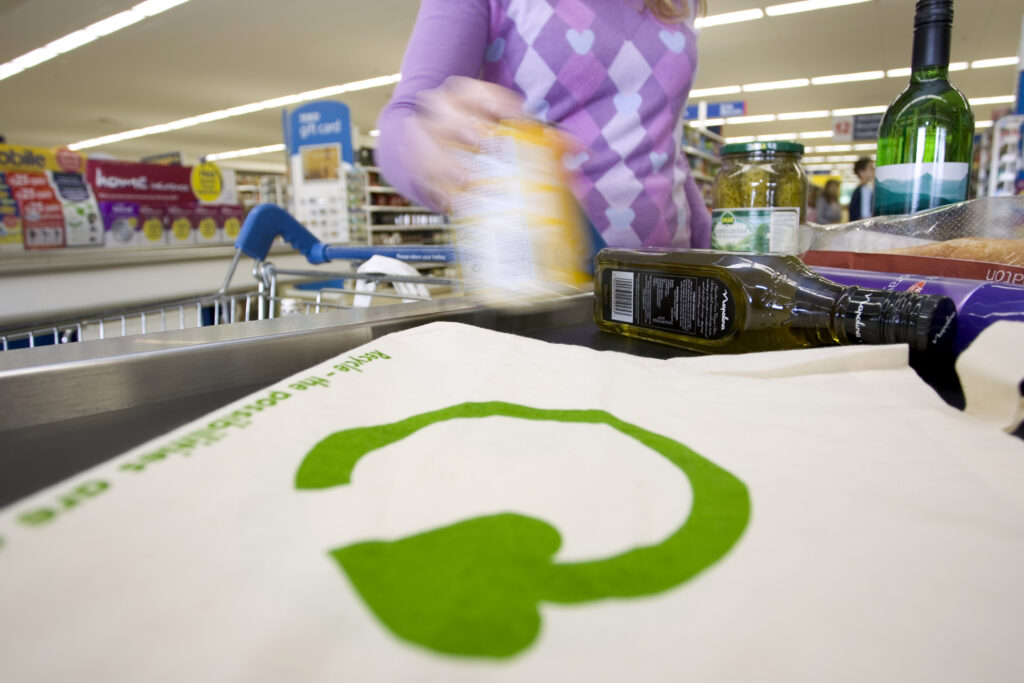 I decided to try to go for zero waste as a result of seeing the detrimental environmental impacts that waste was having on the planet, and the legacy we were leaving for the younger generations. I think it was kickstarted as I initially decided to go plastic-free, but then one thing led to another and I decided to try and reduce waste wherever possible.
I decided to try to go for zero waste as a result of seeing the detrimental environmental impacts that waste was having on the planet, and the legacy we were leaving for the younger generations. I think it was kickstarted as I initially decided to go plastic-free, but then one thing led to another and I decided to try and reduce waste wherever possible.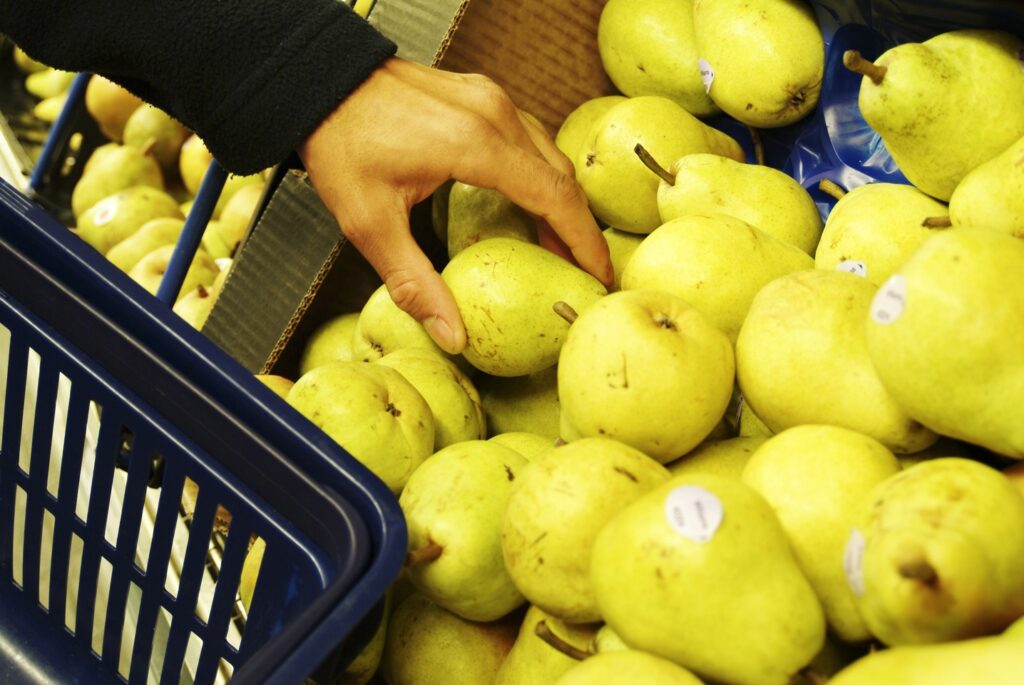
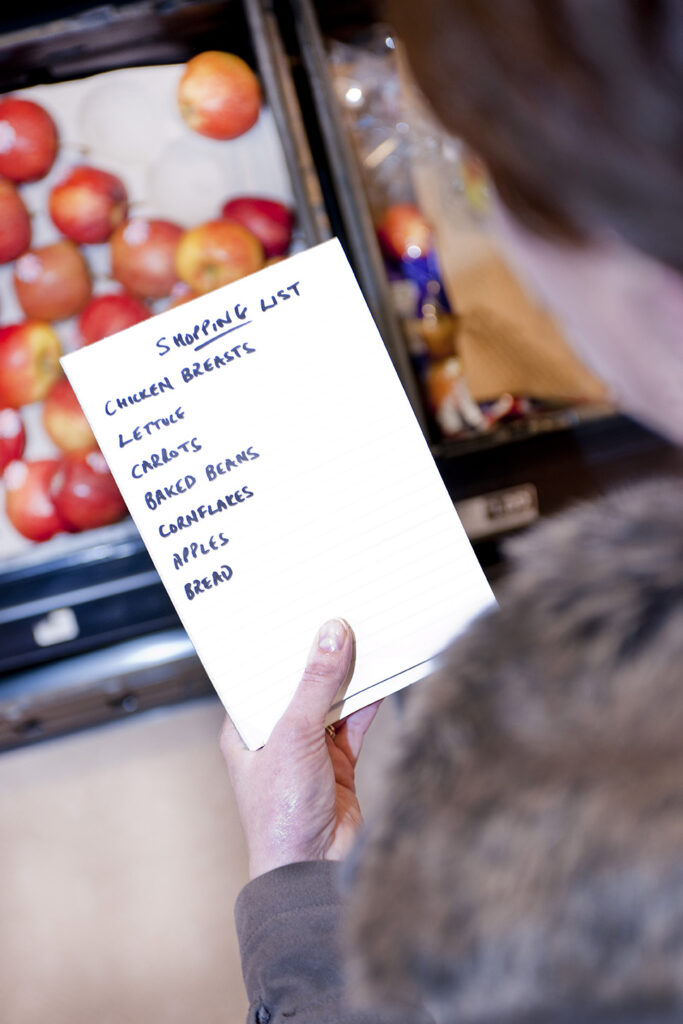 Food was an obvious opportunity to
Food was an obvious opportunity to 